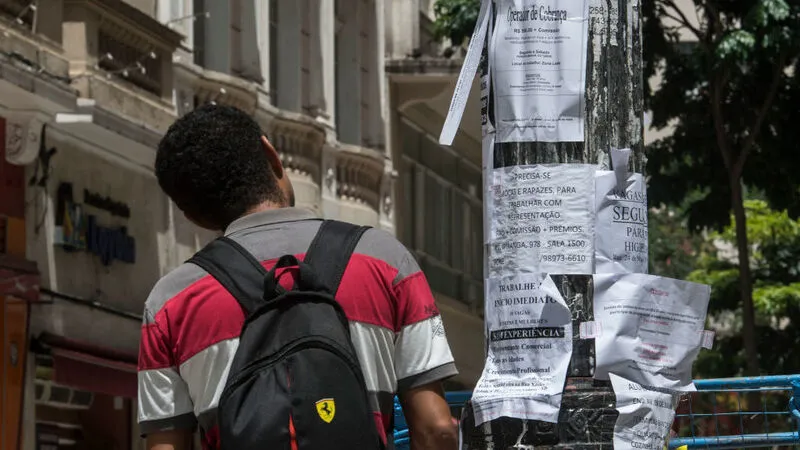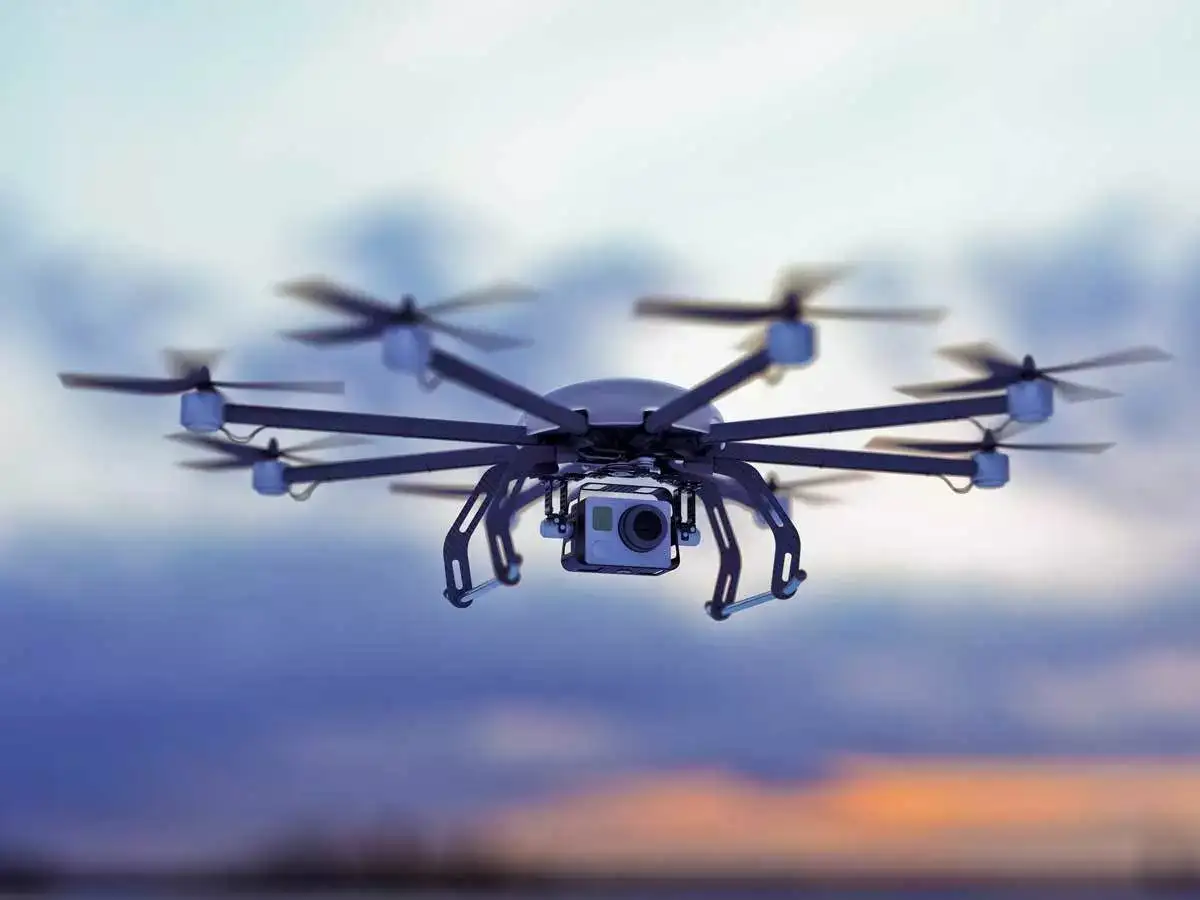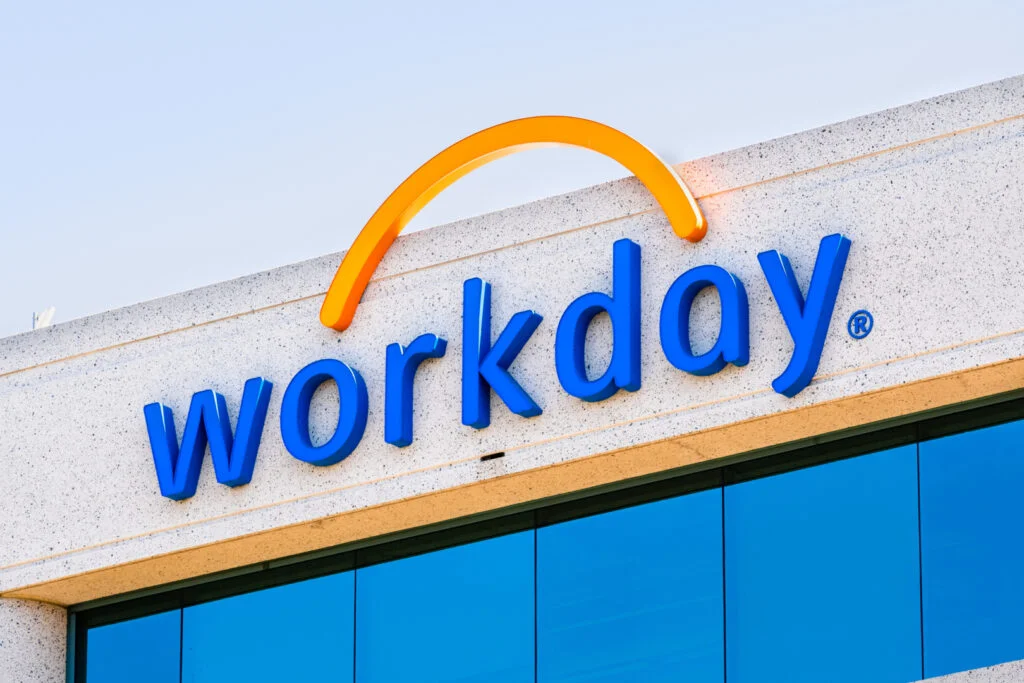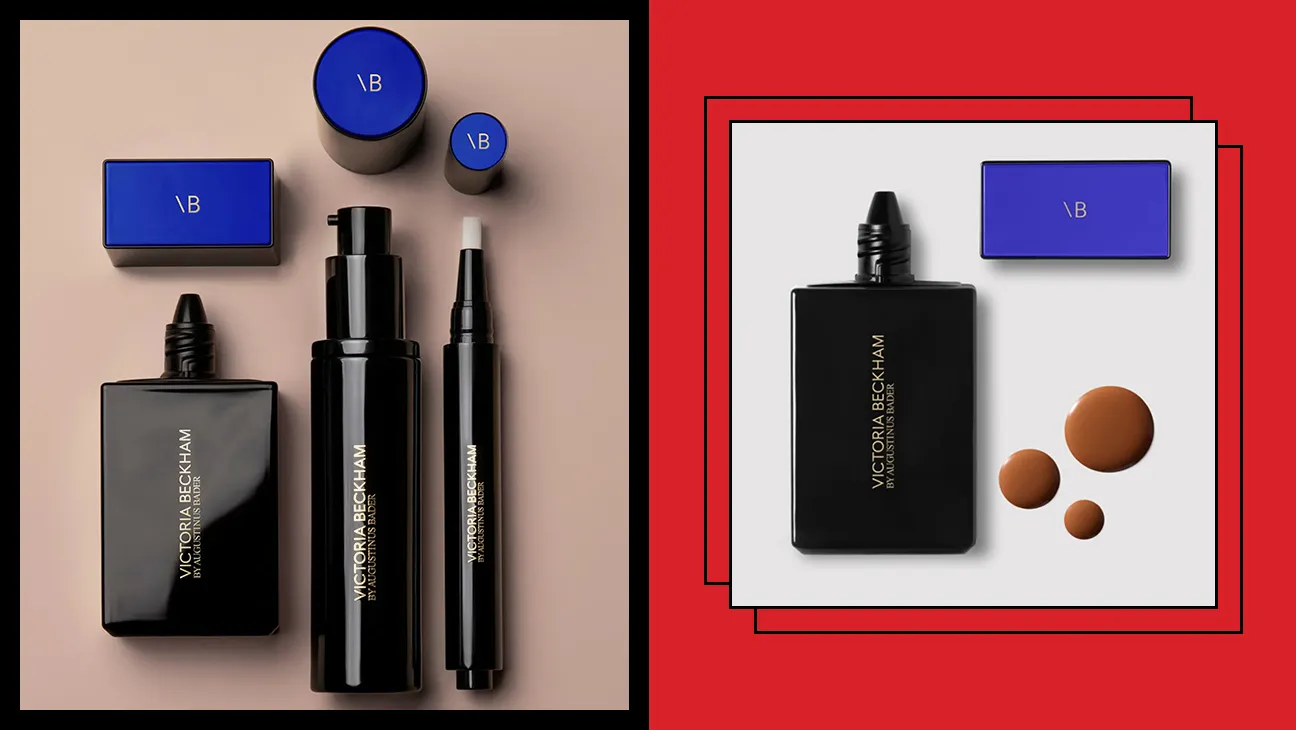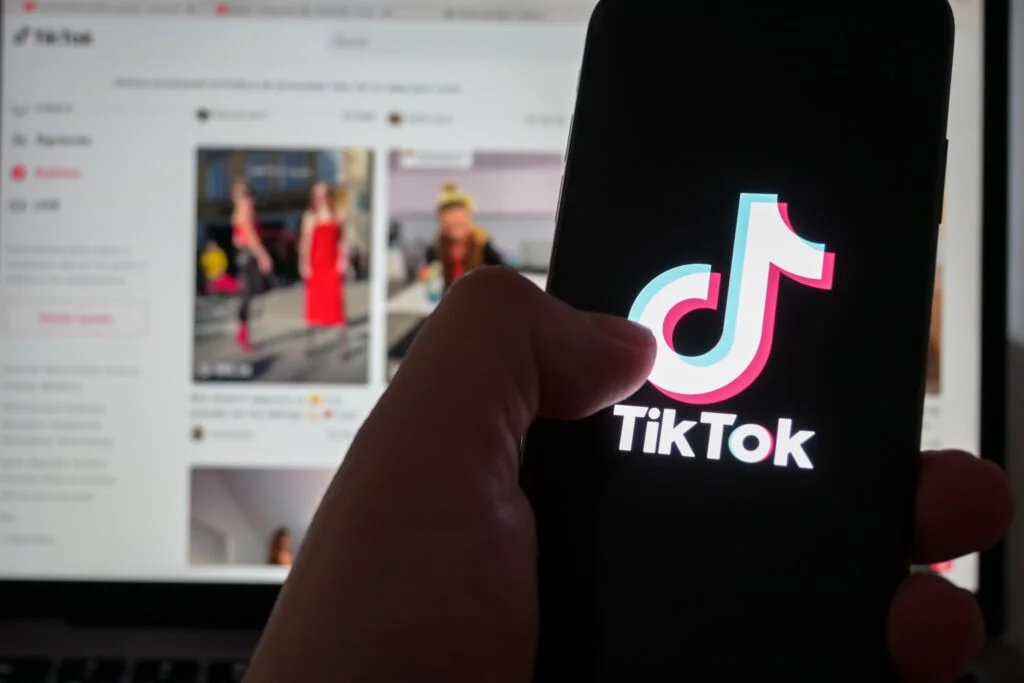
Is TikTok a national security threat, or an opportunity for the U.S. government to cash in?
In light of the latest deadline extension, Benzinga decided to explore how a social media platform, popular with millions of Americans, became a lightning rod for U.S. political and regulatory scrutiny. The answer lies at the intersection of foreign ownership and high-stakes corporate deal-making.
From Trump’s trade leverage tactics to Biden-era legislation limiting Chinese stakes, TikTok’s story reflects broader tensions over tech, geopolitics, and the influence of government in private markets.
See Also: What If Trump Forces TikTok Into A U.S. IPO?
What’s Happening?
On Friday, Sept. 19, the TikTok saga approached a pivotal moment in which Presidents Donald Trump and Xi Jinping discussed a deal to keep TikTok operational in the U.S.
Under the current proposal, Chinese shareholders of ByteDance, TikTok’s parent company, would retain a minority stake capped at 20% (a caveat already proposed in 2024 by then-President Joe Biden).
Therefore, the ownership structure of the video editing app, known for its AI-driven “For You” Page, viral trends, and political discourse among its 170 million U.S. users, stays put for now. That’s despite lawmakers’ growing concerns of misinformation and data integrity due to Beijing’s involvement.
But here’s the thing: TikTok’s U.S. operations have been majority-owned by U.S.-based institutional investors such as Carlyle Group, General Atlantic, and Susquehanna International Group (roughly 60% of beneficial ownership). That’s been the case ever since it launched in the U.S. back in 2018.
Ever since, lawmakers have treated TikTok as a potential national security risk, but there is a lack of evidence. Observers now wonder whether the concerns are genuine, or if the app has simply become a bargaining chip for political and financial leverage. After all, on Thursday, Trump noted that the U.S. would get a “tremendous fee” for its efforts.
See Also: ‘See, I Can’t Be Bought, Dude’ — Ridley Scott Turned Down $20 Million For Terminator Gig
Who’s Involved?
It’s a who’s who of deep-pocketed investors—many of them are Trump’s pals.
Here’s the sell side:
Republican megadonor and Susquehanna managing director Jeff Yass, who owns 15% of ByteDance as well as a stake in Trump’s own social media platform, Truth Social.
Andreessen Horowitz, run by Trump donors Marc Andreessen and Ben Horowitz, also owns a stake ByteDance.
Private equity firm KKR & Co Inc KKR, also a Trump donor.
General Atlantic, which supported the National Republican Senatorial Committee in 2024.
On the buy side:
Oracle ORCL, whose founder and CTO is octogenarian billionaire Larry Ellison, a 2020 Trump fundraiser.
Oracle CEO Safra Catz also donated to the Trump campaign for the 2020 election.
Rumors suggest U.S. firms like Andreessen Horowitz and Silver Lake are involved as well, per The Wall Street Journal.
The talks also potentially leave China with some influence. Details on how that will mitigate national security are unclear.
Why Does It Matter?
During the Trump administration, TikTok was leveraged in trade negotiations, with threats of bans and tariffs used to pressure China. Trump’s preferred solution—a 50-50 joint venture between ByteDance and a U.S. buyer—would still have allowed China substantial control over TikTok’s U.S. operations.
Under Biden, Congress and regulators have taken a different approach, framing TikTok as a national security issue. The law now includes stricter safeguards and limits on foreign ownership, reflecting a broader shift in Washington’s approach to Chinese tech companies.
Market and Deal Implications
The TikTok negotiations are notable not just politically, but also financially. Trump has indicated the U.S. could receive a “tremendous fee” for facilitating the deal, echoing recent government involvement in corporate transactions:
Negotiating a 10% stake in Intel Corp INTC
Securing a golden share in U.S. Steel (as part of its sale to Nippon Steel)
Requiring Nvidia NVDA and Advanced Micro Devices Inc AMD to share 15% of chip sales to China for export licenses
These actions illustrate a growing trend of the government stepping into corporate deal-making, raising questions about fairness, precedent, and market stability.
China’s Position
Initially resistant to any forced sale of TikTok, China amended its export control list in 2020 to include algorithms and source code, signaling the strategic value of the technology. Chinese officials ultimately agreed to negotiations, citing mutual interests. Li Chenggang, China’s vice minister of commerce, stated in Madrid, “This consensus serves the interests of both sides.”
The Timeline
TikTok has repeatedly received extensions to separate from ByteDance. The discussions on Sept. 19 led to another extension.
Trump confirmed on Truth Social that they will hold talks on the sidelines of the Asia-Pacific Economic Cooperation forum starting Oct. 31 in Gyeongju, with a potential follow-up trip to China. Trump said the call produced progress on trade, fentanyl, the war in Ukraine, and TikTok, and confirmed he and Xi would continue talks by phone and meet at the APEC summit.
Trump extended TikTok’s U.S. divestment deadline to Dec. 16, allowing the app to continue operating while negotiations with China move forward.
Now Read:
Why Jackson Hole Is The Fed’s Mountaintop Moment—And Why It Matters More Than Ever
Image: Shutterstock
